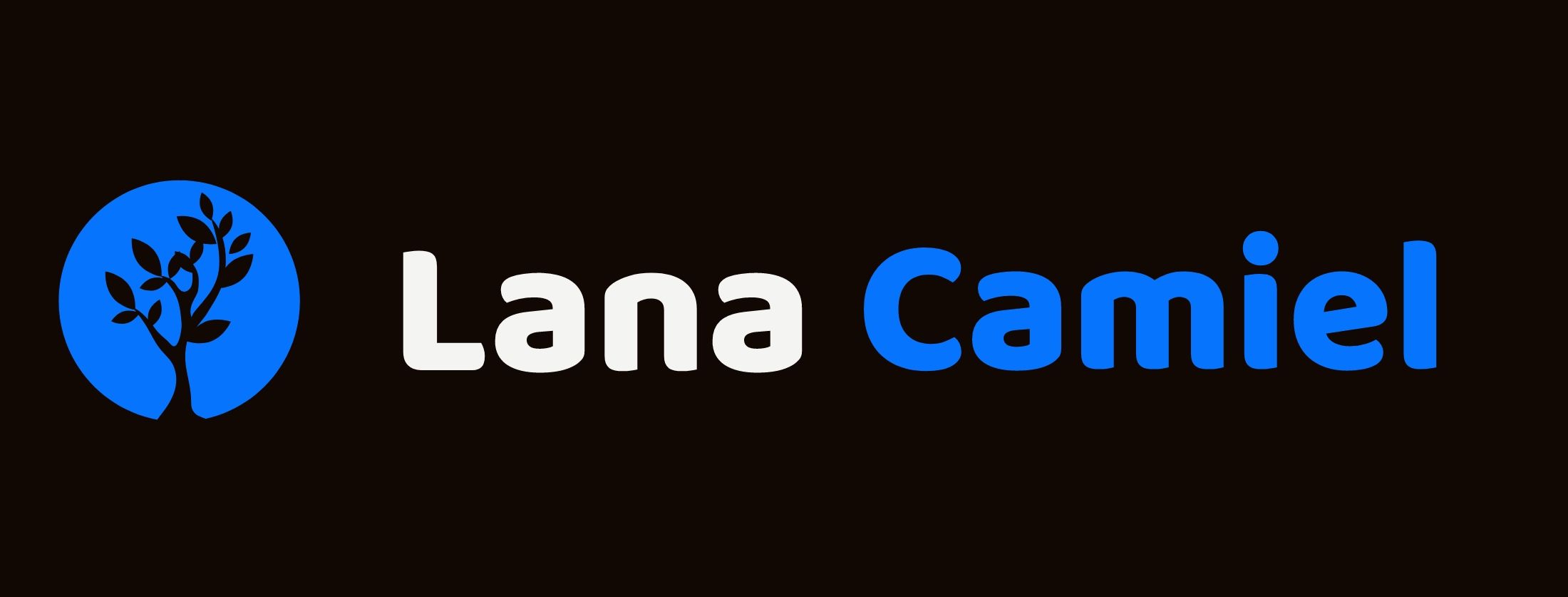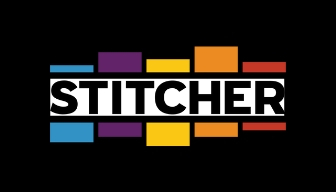

Image courtesy of Rebecca Snow
A couple of days ago I read my friend’s Facebook post. He saw 4 ticks in the past 2 days. And that’s more than he has seen in the last 20 years. With the climate change, tick-born illness is becoming an endemic. If you want to learn about strategies for Lyme disease, this episode is for you.
My today’s guest is Rebecca Snow. A licensed nutritionist and herbalist; Rebecca has a passion for helping individuals get healthy using foods, herbs and lifestyle changes. In addition to seeing clients, Rebecca teaches workshops and mentors new practitioners.
Rebecca has been studying and using herbs for 17 years and practicing in a clinical setting for 12 years. She holds a Master of Science degree in Herbal Medicine.
Rebecca practiced at Optimal Health Physicians an Integrative Medical Practice in Rockville, MD specializing in chronic infection and disease. She completed an International Lyme and Associated Diseases Society (ILADS) preceptorship and has lectured widely on Lyme disease and weight loss.
Rebecca was the Founding Director of the MS in Nutrition and Integrative Health Program at the Maryland University of Integrative Health (MUIH). She has taught graduate-level nutrition and herbal medicine coursework for the last several years.
Rebecca lectured at many prestigious conferences and institutions on the topics of nutrition and herbs. She is a Certified Nutritional Specialist, a licensed nutritionist in the State of Maryland, and a registered herbalist with the American Herbalist Guild.
By the end of this episode, you’ll become more knowledgeable about Lyme disease and different acute and chronic strategies for its treatment.
KEY TAKEAWAYS:
1.
Rebecca’s journey in herbal medicine and nutrition
2.
Why nutrition is a fundamental modality that she uses predominantly in her practice
3.
How Rebecca became interested in Lyme disease, the importance of this illness in today’s society, signs/symptoms, labs and initial therapies
4.
Why you should save a tick if bitten and what to do with it
5.
How herbal and nutritional therapies should be used for someone with Lyme disease
CONTACTING OUR GUEST:
- Rebecca’s website, her Facebook page and Pinterest feed to follow
- Rebecca’s Lyme disease resources


”When it comes to Lyme disease, the days of handing your health to a practitioner are over. We consult practitioners but have to be our own advocates.”
Rebecca Snow
WEB RESOURCES:
- Rebecca’s teachers – Claudia Joy Wingo, Dreamtime Center for Herbal Studies (currently Sacred Plant Traditions)
- Tai Sophia (currently Maryland University of Integrative Health)
- Optimal Health Physicians
- Rebecca Katz
- Infectious Disease Society of America
- Allimed/Allimax, Wobenzym, Nattokinase, Baikal skullcap, Sarsparilla
- Quorum sensing
- UMass Amherst – Tick testing services
BOOKS:
http://www.lesliecerier.com/media/articles/grow-your-own-herbs/http://www.fungi.com/about-paul-stamets.htmlHerbal Antibiotics, 2nd Edition: Natural Alternatives for Treating Drug-resistant BacteriaHealing Lyme: Natural Healing of Lyme Borreliosis and the Coinfections Chlamydia and Spotted Fever Rickettsiosis, 2nd Edition
Natural Treatments for Lyme Coinfections: Anaplasma, Babesia, and Ehrlichia
Healing Lyme Disease Coinfections: Complementary and Holistic Treatments for Bartonella and Mycoplasma
BROUGHT TO YOU BY:
This episode is proudly brought to you by HerbMentor.
HerbMentor is a service provided by an innovative herbal education company LearningHerbs.com
Some use HerbMentor as the personal herbal home-study program. Others explore a variety of features has to offer or utilize it along other herbal programs or studies. At the same time, there is a large group of people that use the forum to connect with others curious about plants and plant medicine.
http://abc.herbalgram.org/site/PageServer
THANKS FOR LISTENING!
To share your thoughts:
- Leave a note in the comment section below.
- Please share this episode with ONE person who might appreciate it.
To help out the show:
- Subscribe on :
- Please leave an honest review on Apple Podcasts. Your ratings and reviews really help to spread the word and I read each one.
- How to Listen, Subscribe, Rate and Review
Disclosure: Please note some of the links above are affiliate links. If you decide to make a purchase, as no additional cost to you, I will earn a small commission that’s used to support this podcast/blog. My guests and I recommend these resources only because we know and respect them. I also personally purchase from these companies.




